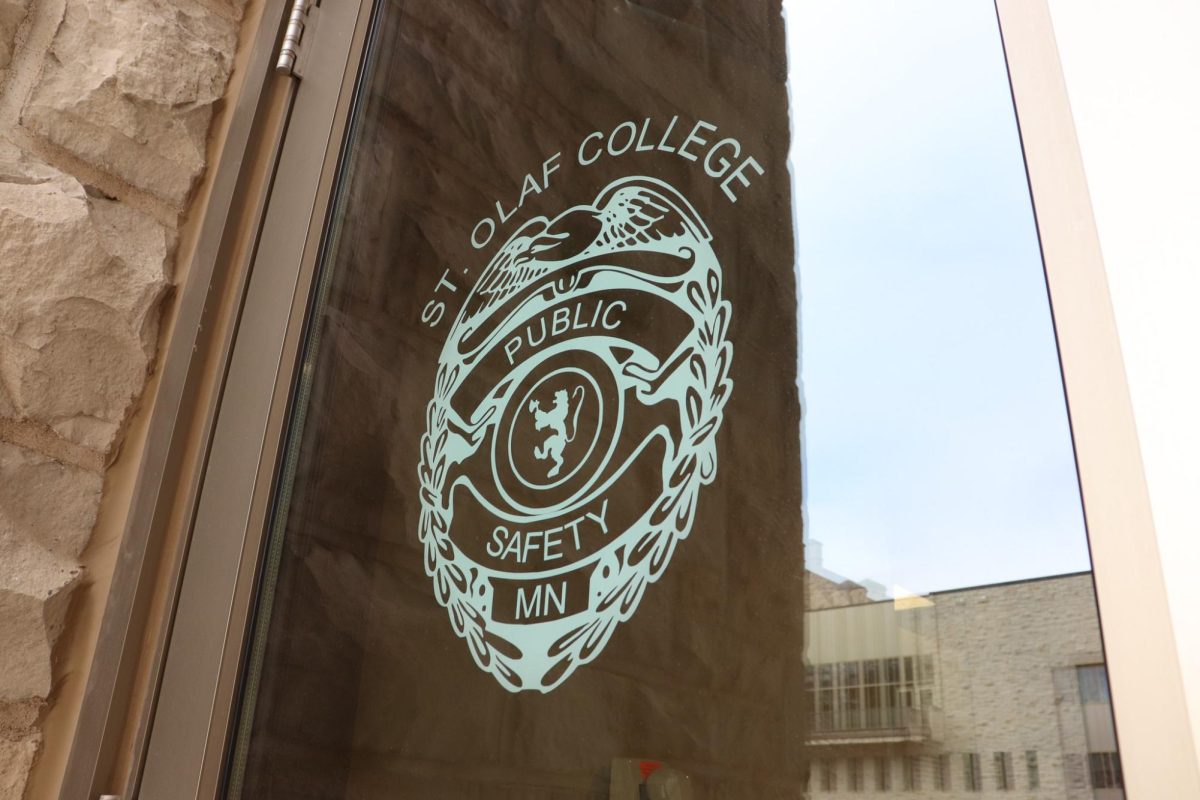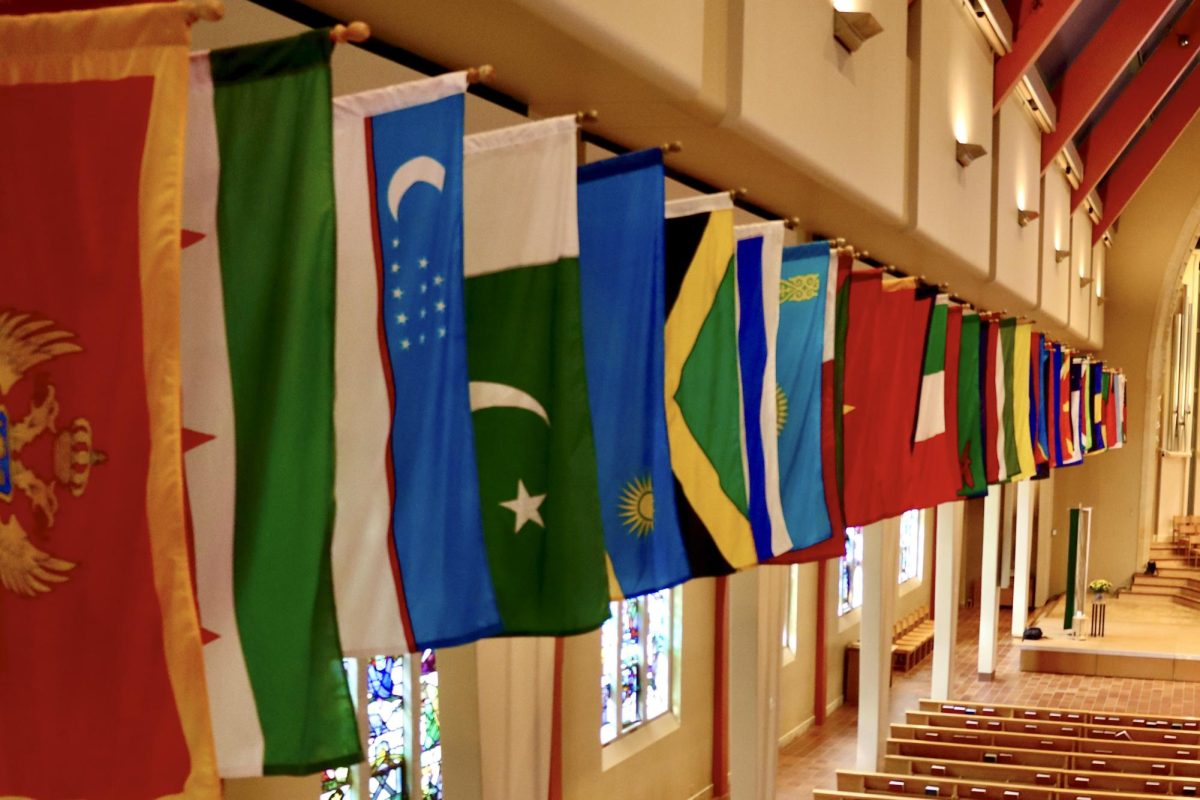As Professor of English Mary Trull creates her lesson plans for the day, she resembles a scholar engrossed in a groundbreaking research project. She is enthusiastic about sharing her knowl- edge and willing to teach anyone and everyone.
Born and raised in North Carolina, Trull received her undergraduate de- gree at Swarthmore College in Pennsyl- vania, where she studied English, phi- losophy and history. She pursued her postgraduate degree at the University of Chicago, with a focus on literature from early modern England and an empha- sis on the dramatists and female writers of the age. She started her postgraduate career at Macalester College, teaching English and drama there for one year before coming to St. Olaf. At first, she taught Intro to Women’s Studies and film studies classes in addition to Eng- lish courses. Now, she is exclusively an English professor, currently teaching first-year writing and the Great Conver- sation.
When forming a class syllabus, Trull organizes readings based on a com- mon theme and in chronological order. Among her favorites are the works of John Donne, John Milton and William Shakespeare. Trull also believes that seeing a live performance of a play is crucial for a deep understanding of it. As a result, she coordinates her teaching of early modern plays with some that are being produced nearby.
Not one to favor long-winded lec- tures on class readings, Trull prefers to engage her students in meaningful dis- cussions about their own views of the material; she accomplishes this by ask- ing thought-provoking questions that are not easily answered.
“I want to ask my students questions that even I am puzzled by,” Trull said.
Her intent is not to stump students but rather to make them think deeply, consider readings and cultivate fascina-
tion.
Since Trull’s classes are given in
the English department, her students should expect to write many essays. She believes that writing about the works studied in the course is more effective than being tested on them. One of the characteristics of her teaching style is talking with students about their ideas for their papers, especially big research projects. In a high-level English semi- nar where research papers often serve as the final exam, Professor Trull loves to get involved with the students’ extensive research and help them along.
Students wishing to take Trull’s classes in the immediate future may be disappointed, as Trull is going on sab- batical this fall to further pursue her own research projects. Her main topics are early modern literature with a focus on Shakespeare and Lucy Hutchinson, the history of science and the original theory of atomism. She said that these projects will take her to Yale University and Nottingham, England to obtain more information.
Trull also plans on participating in the World Shakespeare Congress, a conven- tion where Shakespeare scholars from all over the world gather in London and Stratford-upon-Avon to discuss, cri- tique, research and otherwise delve into his writings. At the conference, Trull plans to develop her research on food and what it symbolizes in Shakespeare’s plays. She has always been fascinated by food in Shakespeare’s works, and she is looking forward to discovering more material on the matter.
To all first-years and sophomores, be sure to sign up for an English class with Professor Trull the instant she comes back to the Hill. Her classes are enjoyable and afford the opportunity to engage with some of the most riveting works of English literature.





